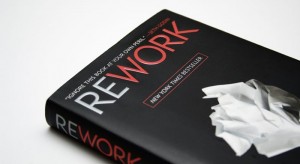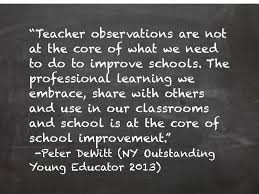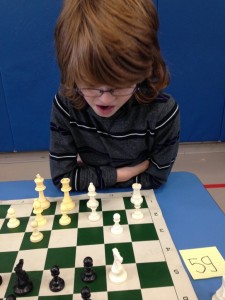When I was a child, I loved watching The Flintstones. I never forgot the scene when the work day was over. If you never saw it, or need to see it again, check this out:
So, how many of us view the end of the workday like the Flintstones? Come on, let’s be honest?
There are two schools of thought on this topic. Some people believe wholeheartedly in working bell to bell especially in education. The reality is, you don’t get paid any extra for staying, you have other things to do, or maybe even you do work at home. In addition, people in this school of thought believe that you have to have a work/life balance.
There is another school of thought that if you really want to be on top of your game, the best there is, then you need to put in extra time. Malcolm Gladwell referred to this as the 10,000 hour rule. Want to move up in the organization? Are you showing it? Are you willing to go above and beyond? People watch, and when it is time for the promotion…. your actions will speak louder than words.
So where do we draw the line?
Where do you stand?







